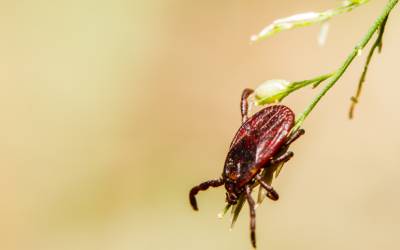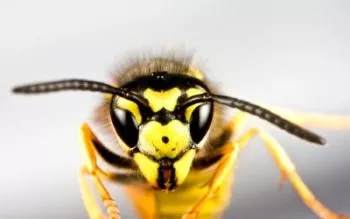 The end of summer might seem like the start of a stretch of pest-free living, but this is often far from the case. Several kinds of pests actually thrive in or are even built for the conditions of the late summer here in Eastern & Central VA. If you want to secure pest-free living situations for the last portion of your summer, you have to take consistent and targeted efforts to discourage bugs and wildlife from hanging out around your property. Read on to learn about common late summer pests and what you can do to stop them with our expert exterminators at Loyal Termite & Pest Control!
The end of summer might seem like the start of a stretch of pest-free living, but this is often far from the case. Several kinds of pests actually thrive in or are even built for the conditions of the late summer here in Eastern & Central VA. If you want to secure pest-free living situations for the last portion of your summer, you have to take consistent and targeted efforts to discourage bugs and wildlife from hanging out around your property. Read on to learn about common late summer pests and what you can do to stop them with our expert exterminators at Loyal Termite & Pest Control!
Pests That Love the Late Summer
Although late spring and early summer are the heights of pest prevalence, different kinds of bugs and wildlife are trying to break into our homes and businesses throughout the year, late summer included. We commonly see these pests during August and September in Eastern & Central VA:
- Wildlife: Animals that hibernate during the winter do so to spend their summers out and about. We have to deal with raccoon, opossum, and squirrel problems every year.
- Ticks: These parasitic pests breed in the late spring and early summer so that they can thrive for the rest of the hot season. Anytime you are around tall grass or dense vegetation, you have to watch out for ticks.
- Bees and wasps: Bees and wasps are notorious for showing up in the summer when there’s food around. If you regularly barbecue outside or host frequent get-togethers, you might end up with a beehive or a wasp nest nearby.
- Mosquitoes: If you let mosquito numbers build up around your property without taking any action, you could end up with a thriving population that lasts into the fall.
Preventing Common Late Summer Pests
Before taking matters into your own hands, it’s important to note that any serious pest infestation needs to be dealt with right away by a professional exterminator. However, if you want to get a head start on preventing the usual pest suspects of the late summer, add these tasks to your routine:
- Look for still water: Mosquitoes lay their eggs in pools of standing water, so if you can find and get rid of any around your property, you can prevent them from establishing a breeding population. Make sure to check gutters, planter boxes, and any other receptacles.
- Seal entry points: Gaps or cracks in roofing, siding, fencing, foundation, or around windows and doors can contribute to pest infestations. Install screens for your windows and doors or use a silicone-based caulk to seal holes.
- Be careful with trash: Taking out your trash often and using bins that seal outdoors will help prevent bees, wasps, wildlife, and more kinds of pests throughout the year.
- Keep a tidy yard: By trimming trees and shrubs, dealing with leaf piles and grass clippings promptly, and decluttering in general, you can reduce the chances of pests finding temporary shelters in your yard.
Summer Pest Experts in Eastern & Central VA
Whether you have a current pest problem that’s grown out of control or you want to get a head start on preventing these late summer pests, you can count on your local pest control company to help. Our technicians at Loyal Termite & Pest Control are licensed, certified, and well-versed in the particularities of pest seasonality in our region. We can put together an effective and environmentally-responsible pest control plan suited to the needs of your home or business. For a free quote, reach out today!

